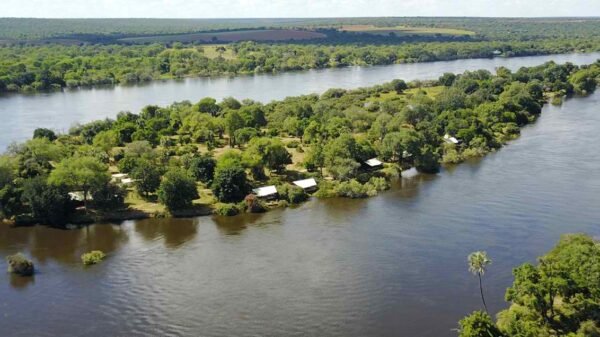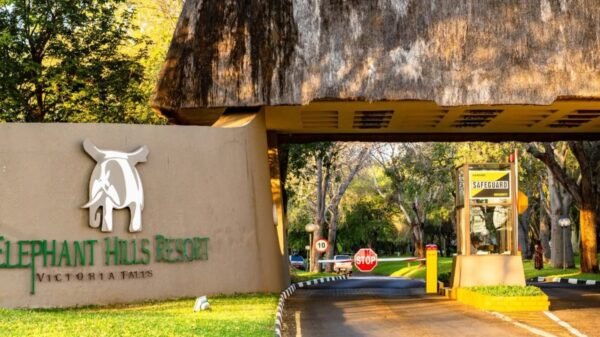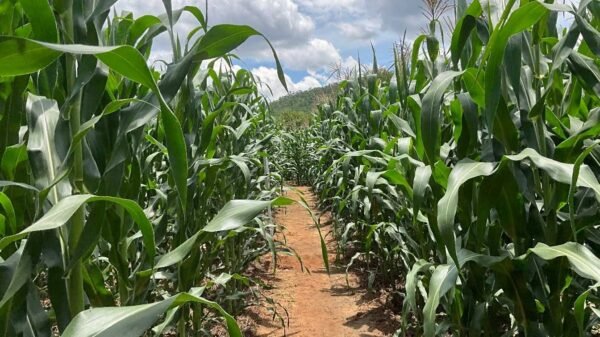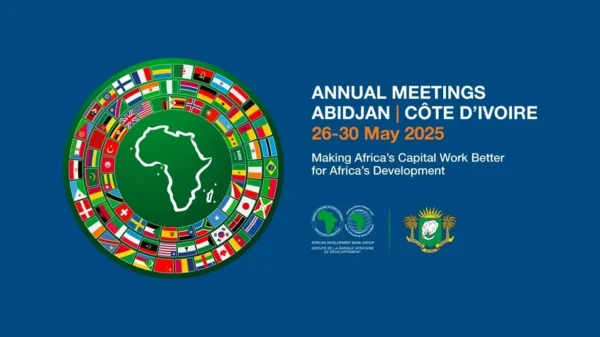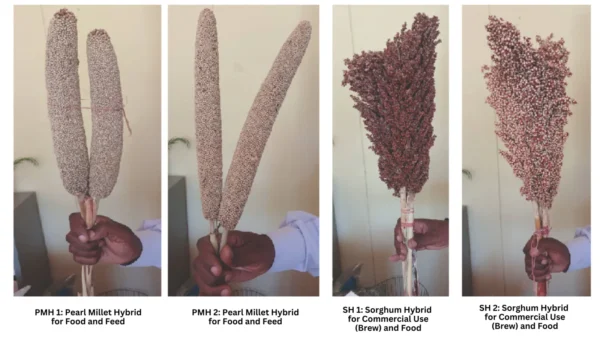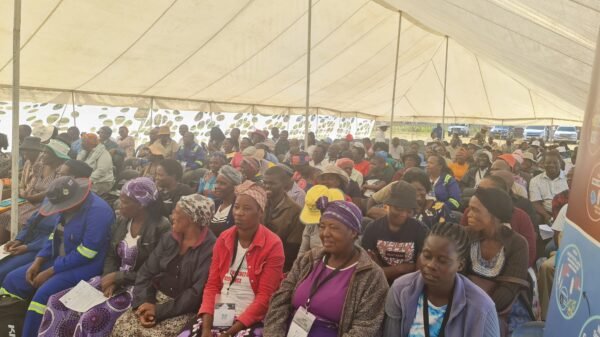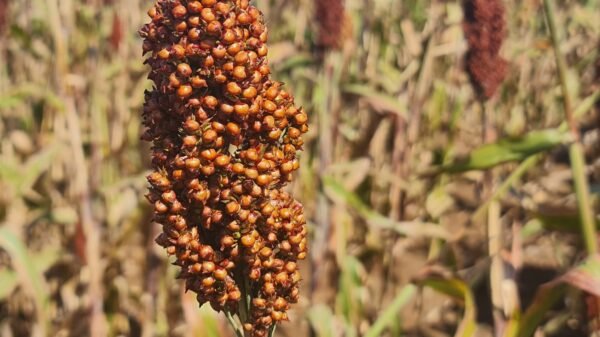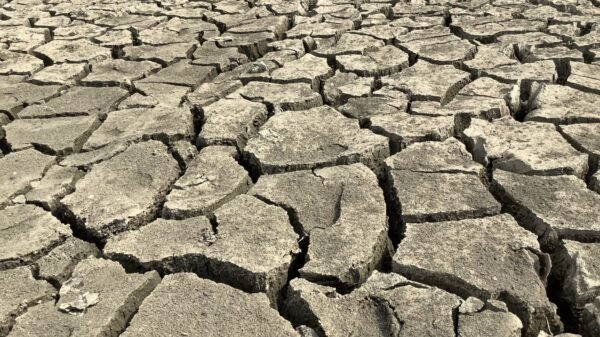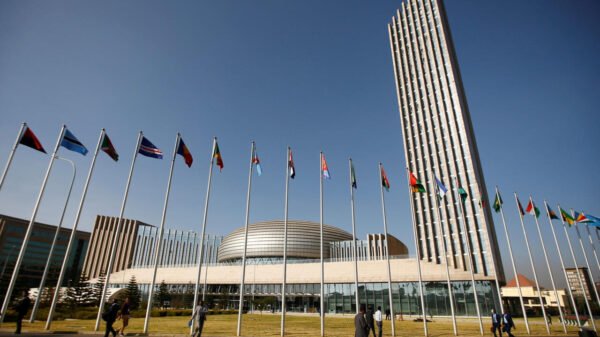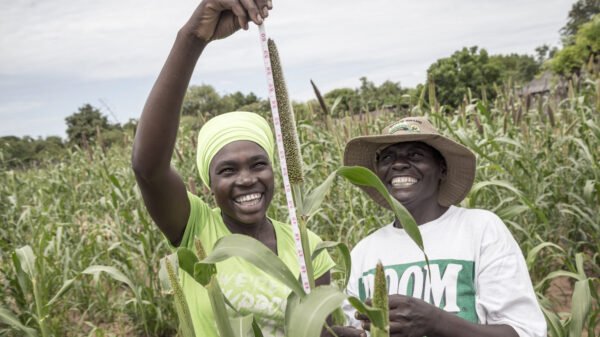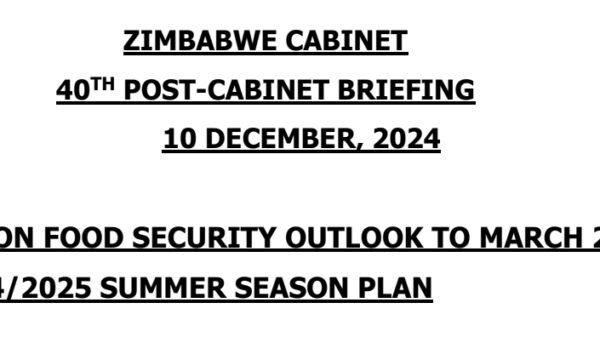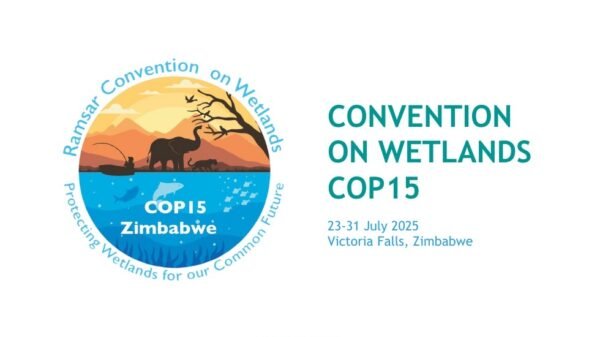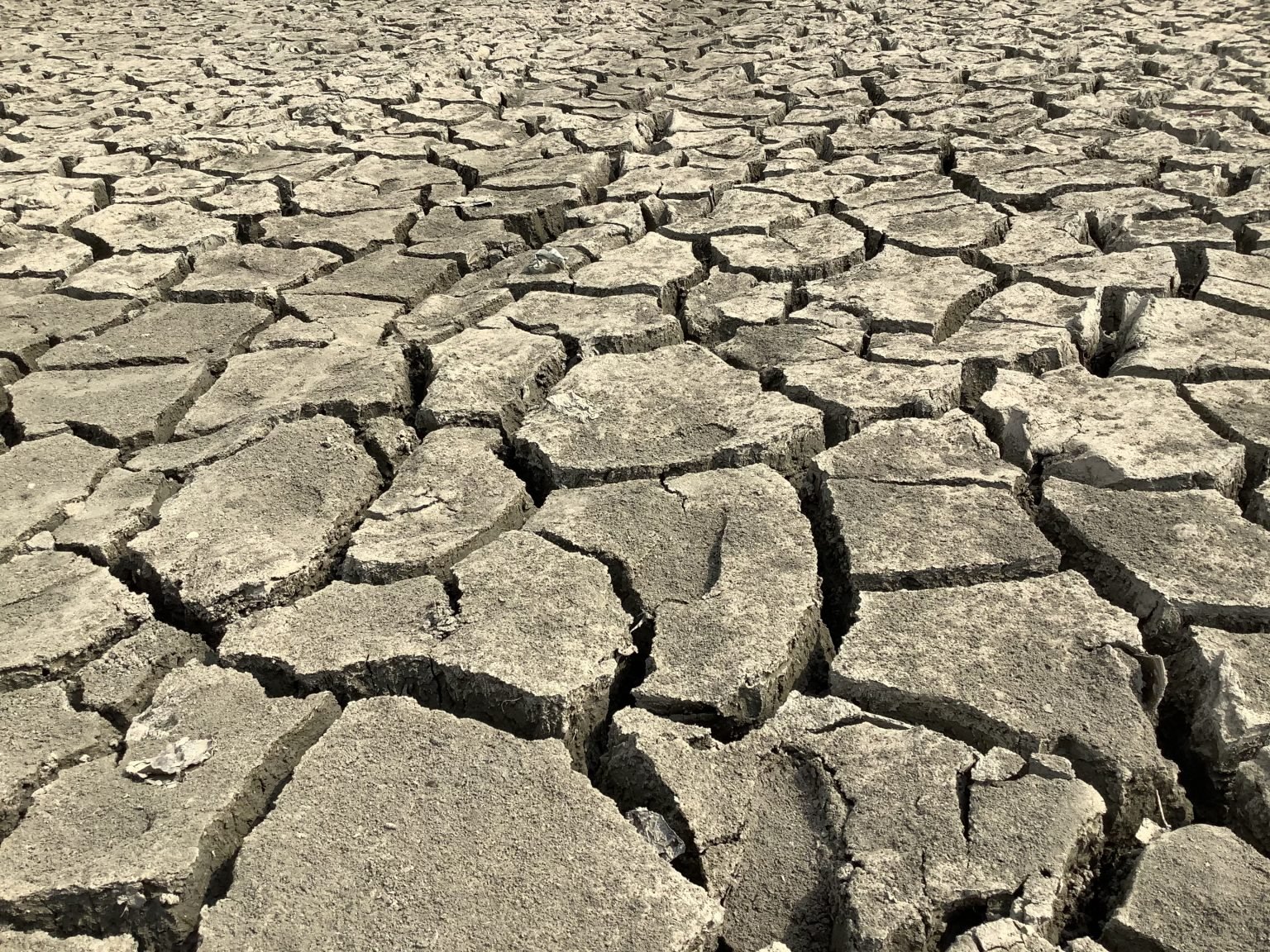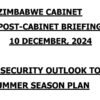Staff Writer
THE 2023/24 El Niño-induced drought inflicted damage estimated at US$363 million on the Zimbabwean economy, and this crisis highlights the importance of enhancing the country’s resilience to climate shocks, protecting livelihoods, and ensuring sustainable agricultural development.
In a new report titled
Zimbabwe Economic Update 2024: Improving Resilience to Weather Shocks and Climate Change, the World Bank also emphasises the importance of embracing climate adaptation that focuses on medium-to-long-term planning to build resilience to current and future weather shocks.
“The government’s ambitious target to boost agricultural output to US$12.5 billion is under threat due to these climate-induced challenges. Climate shocks disrupt GDP, trade balances, and fiscal stability.
“The 2023/24 El Niño-induced drought alone caused approximately US$363 million in damage losses. It resulted in a World Bank-estimated 3.2% drop in GDP, lowered export earnings, and widened the fiscal deficit by 0.9% of GDP, compared to a no-drought scenario. This is driven by both reduced and higher government expenditures.”
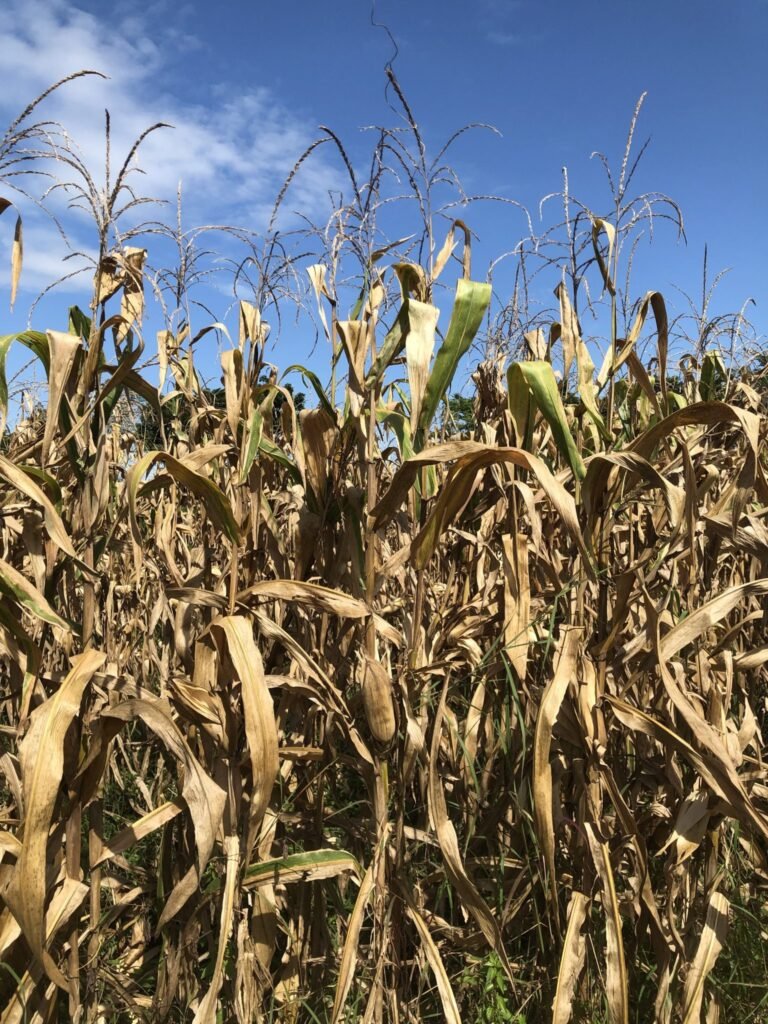
Government revenue is expected to decline to 18.5% of gross domestic product (GDP) due to the slowdown in economic activity, compared to19.2% in a no-drought scenario, and its expenditure is anticipated to rise to 20.9% of GDP, up from 20.6% in a no-drought scenario, primarily to fund food imports and increased salaries.
The impact of the climate crisis has serious implications for environmental preservation, livelihoods and economic prosperity.
“The contraction of the rainy season, increased temperatures, and reduced soil moisture are reshaping agro-ecological regions, further complicating efforts to maintain consistent agricultural output.
“This cycle of drought and recovery undermines sustainable development and exacerbates poverty levels, making it imperative to enhance the resilience of the agricultural sector,” says the World Bank.
Resilience is key
A dual approach to the climate crisis is needed, to ramp up substantial investment in adaptation and the enhancement of anticipatory actions.
“Climate adaptation focuses on medium-to-long-term planning to build resilience to current and future weather shocks, while anticipatory actions aim to mitigate the humanitarian impact of climate hazards through proactive measures based on forecasts and risk analysis.”
Short-to-medium-term recommendations include: investment on research and extension services; irrigation development; and landscape/watershed management.
The strengthening of anticipatory action entails: early warning and disaster risk financing; as well as social safety nets and community resilience.
Irrigation development is a low-hanging fruit, but independent economists say the government has been sluggish in implementing its own blueprints on climate-proofing farming. Zimbabwe has 10 000 dams, which could enable water harvesting for year-round farming.
“Zimbabwe could strengthen irrigation development by enhancing farmer-led irrigation development (FLID), which is cost-effective, with investments ranging from US$50-US$1 200 per hectare and a 2 to 3-year payback period, requiring minimal public funding,” says the international financial institution.
Farmer-led irrigation can cost as low as US$50 per hectare.
Irrigation development will require adopting measures including certifying land rights, streamlining tenure policies, offering tax exemptions for solar pumps, and promoting supplier credit which can unlock significant private investment.
“Public funds should also prioritise rehabilitating small and medium-sized dams to support FLID expansion. Simultaneously, the government should collaborate with private partners to develop large-scale irrigation schemes, utilising Zimbabwe’s 10 000 dams and groundwater to support 130 000 additional hectares by 2030.”
This integrated approach will strengthen food security, climate resilience, and economic growth.

